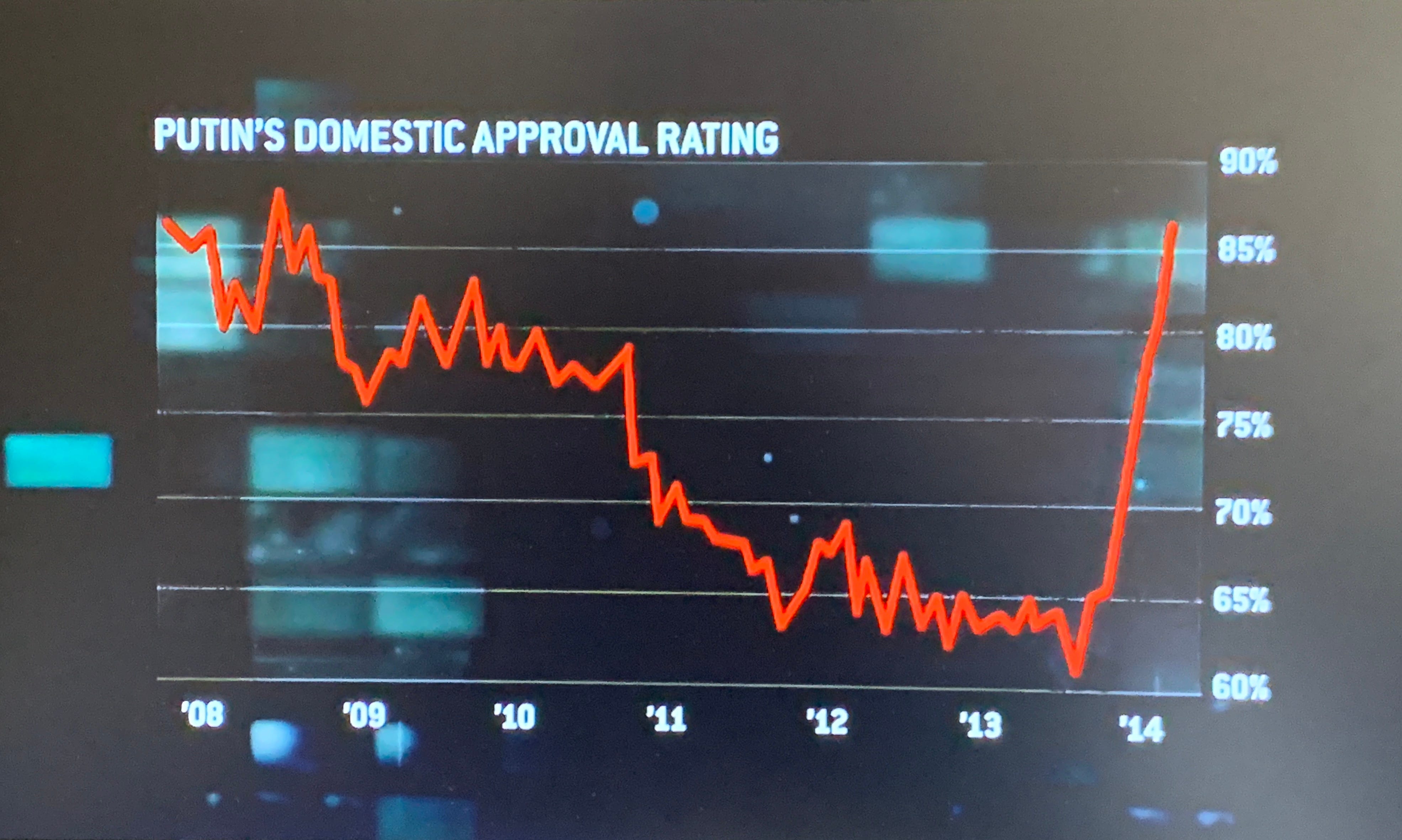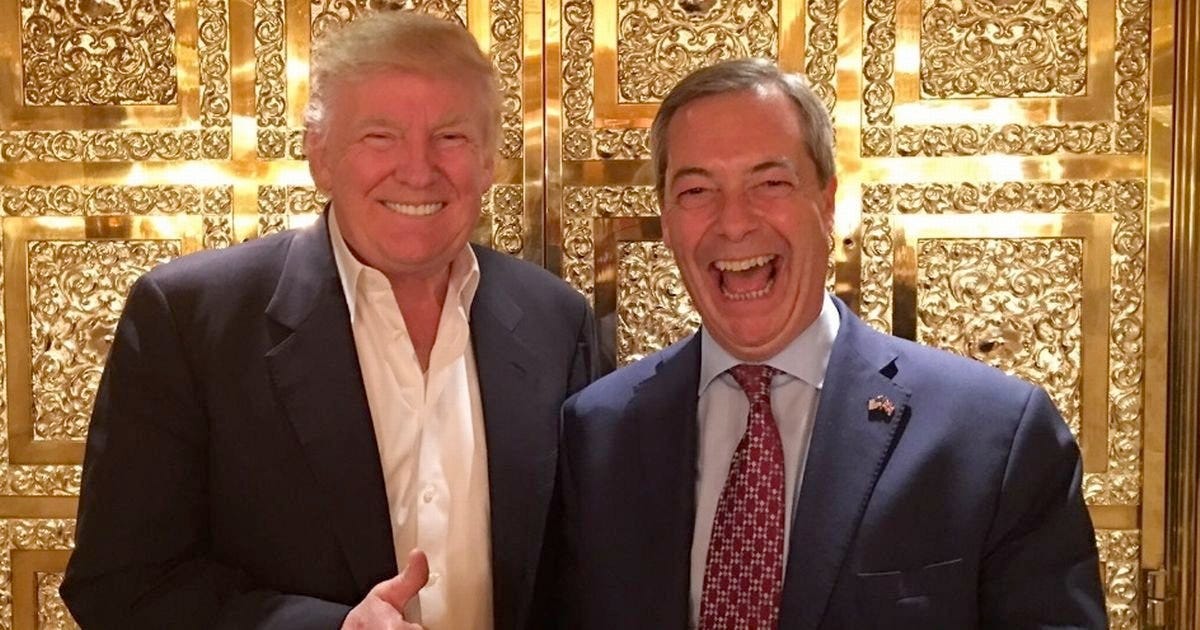
If there’s one message the world has sent to Russia and China over the past few years, it’s this: we don’t mind how evil you are—or how much you cheat at sports—as long as you keep hosting our major sporting events.
It sounds facetious but just look at the facts.
Immediately after hosting the Sochi Winter Olympics in 2014, Russia annexed Crimea. Four years later, while the world still refused to recognize Russia’s new “Republic of Crimea,” it had no problem with Putin hosting the 2018 FIFA World Cup. China has been committing genocide against the Uyghurs since 2017. Despite that, they were allowed to host the 2022 Winter Olympics. Perhaps unsurprisingly, China smashed its previous record for Winter Olympics medals in Beijing 2022. Then, four days after Russian athletes won a record 32 medals at those games, Putin invaded Ukraine.
Sportswashing is real. And the whole world is complicit.
For decades it’s been obvious that authoritarian regimes—from Nazi Germany to the Soviet Union to the People’s Republic of China to those “scary motherf**kers” in Saudi Arabia—use international sports to both achieve legitimacy on the world stage and to distract their own citizens from corruption and hardship at home.
Next to starting a war, there’s nothing that helps a tyrant bring a nation together quite like being treated as a sporting superpower.
When Hitler hosted the Olympics in Berlin in 1936, it gave him a perfect opportunity to showcase the “new Germany” to the world.
Three years later, Hitler invaded Poland.
When Putin hosted the Sochi Winter Olympics in 2014, it gave him the perfect opportunity to showcase Russia to the world and simultaneously restore his severely battered image with the Russian people.
Russia exceeded all expectations at the games, winning a “surprising 33 medals,” topping the medal count, and earning more than twice as many medals as it did in Vancouver in 2010. At the closing ceremonies of that event, Putin laughed and smiled as his country celebrated.
Four days later, Putin began his military annexation of Crimea.
The 2017 Academy-Award-winning documentary Icarus makes clear how important the Sochi Winter Olympics were to Putin—and how he used every tool at his disposal to make sure that Russia cheated its way to the top of the medals table.
Remember, this was 2014. And Putin was in trouble. Unlike Obama, whose policies in the wake of the 2008 financial crisis not only led the world out of recession but also put America on track for its longest period of uninterrupted economic growth in history, Putin had failed to make reforms that would have benefited his people. Instead, Russia’s power-hungry leader had doubled down on corruption, further enriching himself and his oligarchs, and turning his kleptocratic nation into an economic basket case, devastating the country’s once-growing middle class.
Icarus makes clear how much—and how rapidly—host nation Russia’s success at the Sochi Winter Olympics restored Putin’s domestic popularity.
In the latter part of the film (around the one hour and twenty-nine-minute mark), amid scenes of the triumphant closing ceremonies at the Sochi Winter Olympics, we hear a female newscaster’s voice telling us that, “Russia came out on top of the medal board, winning 33 overall, including an Olympic-high of 13 golds.”
Then, as images of Olympic fireworks merge into scenes of nighttime bombings in Crimea, we hear Grigory Rodchenkov, the whistleblower who first oversaw and then exposed Russia’s state-run doping program, saying that he felt “personal guilt” over Putin’s annexation of the Crimean peninsula.
Rodchenkov draws a clear line between the surge in national pride based on Russia’s Olympics performance and Putin’s brutality in Crimea: “Would Russia had less medal, Putin would be not such aggressive.”
To hammer the point home, a male narrator talks over an animated graph showing the sudden turnaround in Putin’s popularity.
“Before the Olympics, his popularity rating in Russia had been falling steadily for years. But when the Games began, this:”

Russia’s Olympic “success” was, of course, as phony as the “Trump economy.”
Icarus exposes the massive, state-run doping program that, with Putin’s blessing, allowed Russia to take a “win at all costs” attitude to international events like the Olympics. As ABC News reported:
In the film, Rodchenkov claims of the 73 medals Russia won in the 2008 Beijing Olympics, 30 were “dirty,” meaning the athlete had been doping. For the 2012 London Games, Rodchenkov tells Fogel that of the 81 medals Russia won, “50 percent” were dirty.
It all led up to Sochi 2014, an event which filmmaker Bryan Fogel calls the “single biggest fraud in the history of sport”:
“They controlled everything… they had the lock, they had the key, they ran the bank, they operated the vault, they were the judge, the jury, the executioner, the police, they could essentially facilitate whatever they wanted.”
What price did Putin pay for cheating in Sochi and invading Crimea?
Well, while the International Olympic Committee (IOC) took some medals back, Russia still got to keep 20 medals—including 9 golds.
More importantly for Putin, Russia got to keep Crimea.
By 2016, Russia (minus its now-banned track-and-field athletes) was competing not only in the Rio Summer Olympics, but an emboldened Putin was also actively participating in the US Presidential election and the UK’s Brexit vote.
Despite no track and field medals, Russia still finished 4th in the Rio medals table, ahead of Germany.
And Russia won golds in both the US Presidential election and the Brexit referendum, helping international money launderer Donald Trump steal the Presidency and tricking the people of the UK into sabotaging their futures by leaving the European Union.

At the end of 2016, the final anti-doping report released by the World Anti-Doping Agency found that: “more than 1,000 Russian athletes were involved in state-sponsored doping, and that the ‘institutional conspiracy’ extended far beyond previous evidence of cheating at the Sochi Olympics in 2014.”
By this point, you might think Russia had become such a global pariah that the sporting world (at least) would shun it completely.
But hold that thought.
Russia was still allowed to host the 2018 FIFA World Cup
It was a tournament that, according to FIFA, “had it all: incredible stories, great goals, huge performances.” Games were played in 11 host cities and the final match between France and Croatia attracted a global TV viewership of more than 1.1 billion.
After that, it was on to the delayed Tokyo Summer Olympics, where more than 300 Russian athletes were allowed to compete but only “under the Russian Olympic Committee flag.”
Take that, Putin!
Meanwhile, China got to host the 2022 Winter Olympics
China has its own history of state-sponsored doping and human rights violations.
As the BBC reports, since 2017, that country has been accused of committing genocide against the Uyghurs and other mostly-Muslim ethnic groups in the north-western region of Xinjiang.
Human rights groups believe China has detained more than one million Uyghurs against their will over the past few years in a large network of what the state calls "re-education camps", and sentenced hundreds of thousands to prison terms.
Despite these crimes against humanity and its long history of doping (including at the 2008 Beijing Summer Olympics), the IOC allowed China to go forward with hosting the 2022 Beijing Winter Olympics.
Perhaps unsurprisingly, host nation China smashed its previous record for Winter Olympics medals.
And—somehow—athletes representing the “Russian Olympic Committee” managed to win 32 medals at Beijing 2022, setting a new Russian record (compared to the now-lowered Sochi totals).
The Beijing Winter Olympics closing ceremony took place on February 20, 2022.
And in an echo of his 2014 behavior, Putin pivoted from Olympics success to military action.
On February 24, 2022, four days after the Beijing closing ceremonies, Putin invaded Ukraine.
Subscribe to Unprecedented
Subscribe to the newsletter and unlock access to member-only content.